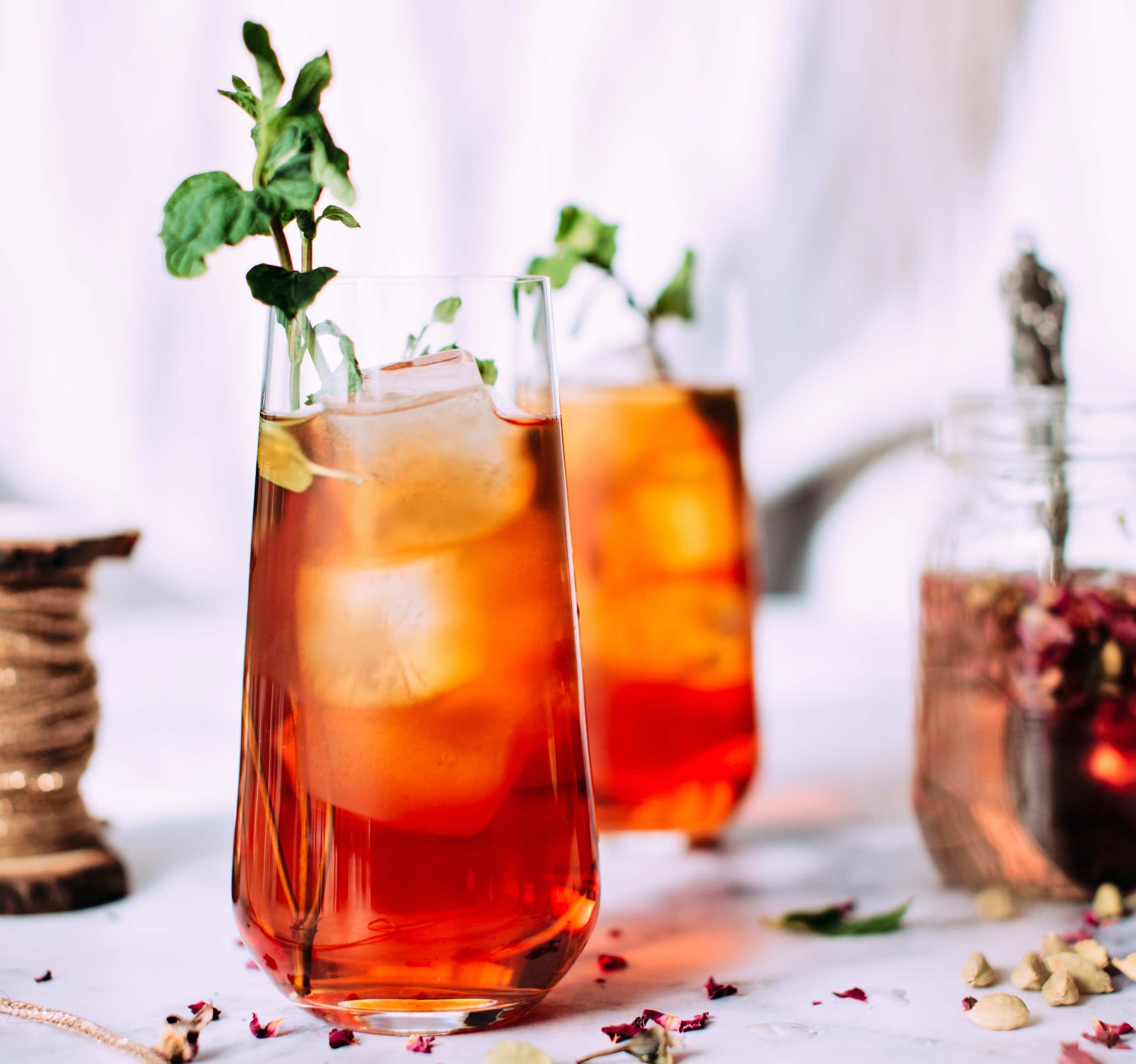Iced tea sales growth has been half that of sports drinks and energy drinks in the last four years. Even sales of RTD coffee have almost doubled that of tea in the same amount of time.
New coffee drinks have been capturing the imagination and market share in recent decades since Starbucks’ Frappuccino burst onto the scene. Since then, cold brew and RTD versions of coffee and coffee-flavored drinks have popped up everywhere.
But what about the lowly iced tea?
Some in the industry believe that RTD tea is a product category ripe for explosive growth. The possibility of a boom in the segment similar to RTD coffee has the attention of many new as well as established brands.
No Sugar – or Lots of Sugar?
Consumers have shown that they pay attention to healthier beverages. Zero calorie, “natural flavors” and added supplements are qualities that have propelled sports drinks and even coffee drinks. That trend has not generally been rewarded for RTD tea products. Although consumers say they want healthier, low-sugar teas, they still lean toward buying sweat teas that are high in sugar.
The top three tea makers: Lipton, Coke – Gold Peak and AriZona, primarily sell traditional versions of the product that are quite sweet.
“[Tea] has been much slower to innovate than ready-to-drink coffee,” said Jim Watson, senior analyst for beverages at Rabobank. “There’s just a lot less consumer excitement and new product development, and I think it’s been held back for a long time by having a couple really dominant brands that go out at a very low soft drink-esque price point that has made it really hard for other brands to come in.” 1.
Here Come The New Kids…
A list of smaller brands has been coming to market, trying to carve a new niche. New brand names like Just Tea, Halfway, Saint James, Swoon, Weird Tea and Shaka Tea have been producing products that explore consumers’ list wish while attempting to make tea products more exclusive.
Liquid Death is a beverage company that has an edgy counterculture brand. This March, they released a lightly caffeinated canned tea line sweetened with 6 grams of agave. The brand In only a few months, their sales velocity has become competitive with the top five tea brands.
Jason May, co-founder and CEO of canned tea startup Weird Beverages, said he believes his company’s unique branding and semi-sweet positioning could yet help it to crack the convenience channel. Launched in 2021, Weird produces a line of organic iced teas in 16 oz. cans with sweetness levels ranging from 12 to 23 grams of sugar per serving
Not dissimilar to Liquid Death, Weird Tea has taken its brand cues from alternative culture, drawing inspiration from heavy metal music, underground zines and other quote unquote “niche” sources that have proven to be more mainstream than the past conventional branding wisdom has suggested…
“You have to have a brand that stands out, or else you’re just gonna get lost in the mix, and I think we have that,” May said. “Being an independent brand allows you the ability to take more risks than the large conglomerate companies are going to be willing to take, or are even going to come up with to begin with. I don’t see a brand like Drink Weird in its new incarnation making its way through the R&D Department of Coke or PepsiCo, because it’s just not what they specialize in.” 1.
Milo’s Owns the Refrigerated Teas Category
Milo’s might not seem the logical winner in this category. The company was founded in the 40s and uses plastic milk jugs and humble marketing. The brand is credited with almost all of the refrigerated tea growth in the last two years.
Milo’s best-selling tea contains 44 grams of sugar per 20 oz. bottle. Their “Extra Sweet” version nearly doubles that at 72 grams per 20 oz. bottle!
In spite of the high sugar content, they can market a “clean” product with only three ingredients: tea, water, and cane sugar.
Milo’s offers no-sugar and zero-calorie versions, but consumer demand clearly favors the sweet versions. The company believes the consumer should decide, and so far, they like sweet.
What’s Ahead?
Innovation in the RTD tea category is happening, and brands will likely hit on the right balance of flavor and ingredients to create real momentum. Keep your eyes open for a breakout in the near future.
Although… for now, the consumer keeps saying… “Pass the sugar, please!”
1. bevnet.com



Recent Comments